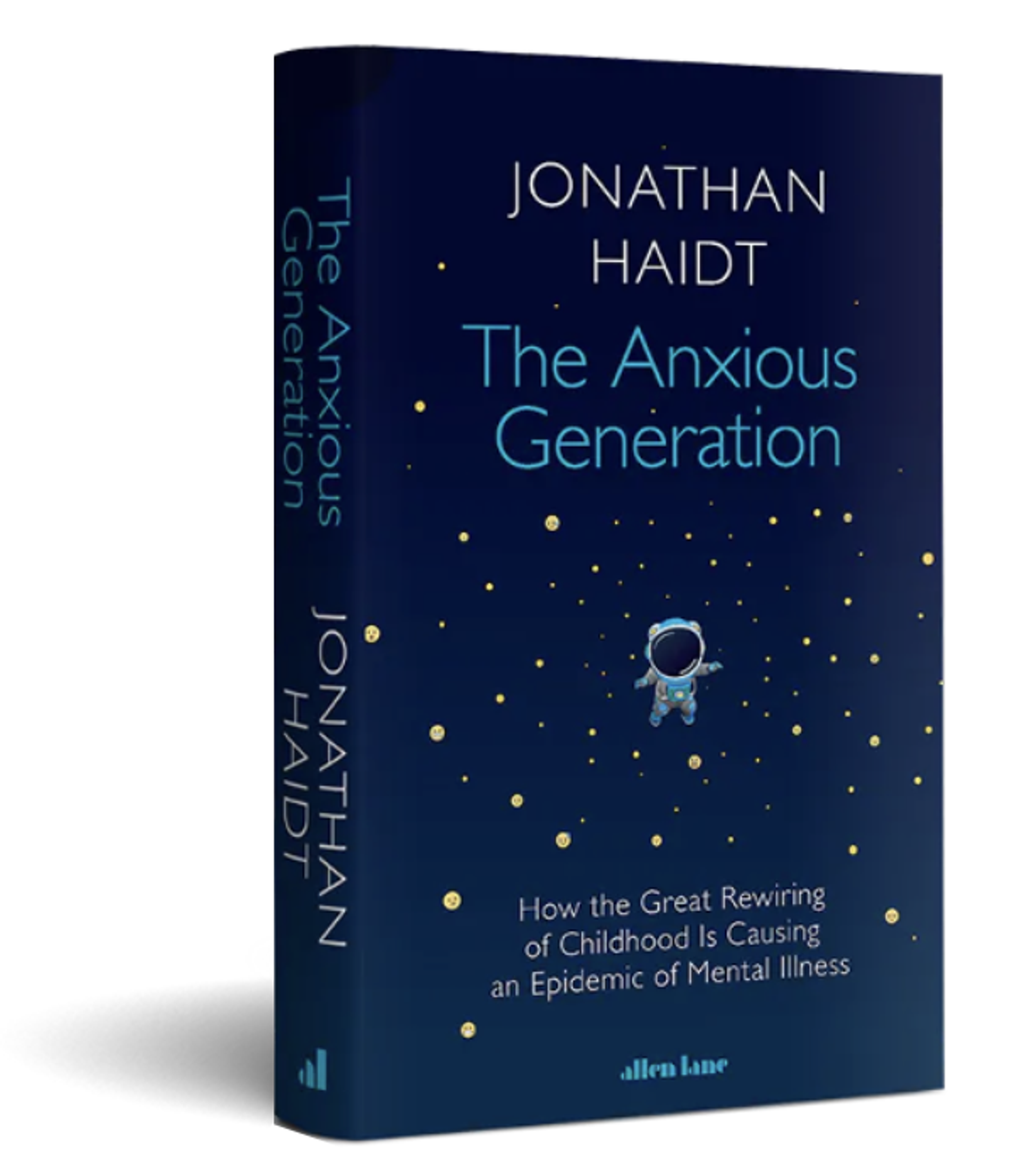Winter Book Club

Chapter 11: What Schools Can Do Now
Haidt uses the Polynesian expression, ‘standing on whales and fishing for minnows,’ to communicate the importance of doing one big thing rather than a plethora of small things. He argues that the two big things that schools can do are to be phone-free and play-full. I couldn’t agree more.
Just the proximity of phones causes a distraction. Phones don’t have to be visible to cause a distraction. Just having them in a pocket interrupts focus. Maintaining a consistent stand on access to phones for students is an ongoing concern. We have a consistent position at the College. Students in primary must hand their phones to the office at the start of the day and Secondary students are to keep phones in their locker. If students are seen with a phone, it is confiscated. I recognise that other schools have taken an extra step of using special pouches that essentially deactivate a phone during the day. This is not something I have discounted.
The other issue that I have observed is students having a huge number of tabs open and flicking between tabs. They also have multiple desktop screens. One will have their classwork open and another a game or YouTube or the like. One discipline I feel we need to help foster in students is closing other potential distractions and ensuring all notifications are turned off.
When it comes to creating a play-full learning environment, I feel there is lots we do at SCC that is on the right track. Our Primary students have wonderful play spaces. Their eating time is separate to their play time. I see many different groups of Secondary students playing during the day, whether it is active play in the gym, on the oval or in outdoor areas. For some of them, it is still play but in less physical forms. Some play card games or chess or are happy to just enjoy a chat and a laugh with friends.
Classroom learning can also be playful. There are many ways in which primary teachers engage students in play-based learning experiences. Creative or inquiry-based tasks often also include an aspect of playfulness.
Schools will always be challenged to consider what makes the best education for students and how to achieve the best results. Some schools, with the best of intention, can become driven by performance and results and so create learning environments that are more about standards than about a love of learning. I would advocate strongly that it is possible to keep challenging students to their best possible level of academic performance while creating an play-full environment in which students develop of love for both what they learn and joy from experiencing reward for effort.
Jodie Bennett
Principal
